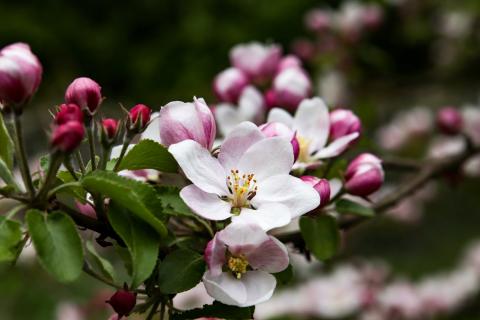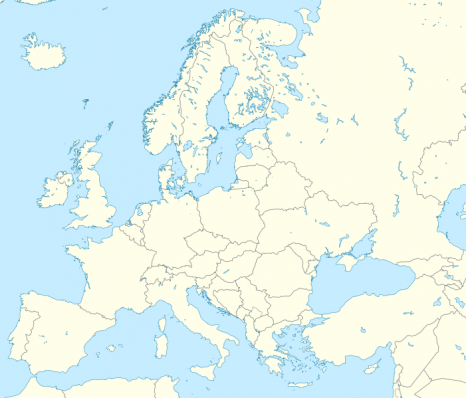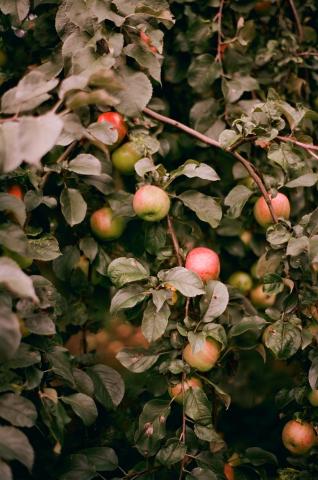
How do fruit trees respond to climate change?
Climate change poses a significant threat to food security by reducing crop productivity and increasing harvest uncertainty. Mobilizing crop diversity, and those of their wild relatives, is an efficient way to mitigate the impact of climate change. Because of their long-term cultivation, fruit trees are susceptible to everchanging environments due to climate change.
However, to date, the characterization of the responses of crop fruit trees, and of their wild relatives, to climate and modification of soil characteristics are lacking. Indeed, the biotics (microbial compartments) and abiotics characteristics (edaphics properties and physicochemical composition) of the soil can influence the response of trees to different climatic variable.
The CLIMSOILAPPLE project aims at characterizing the plastic and adaptive responses of wild and crop populations of an emblematic temperate fruit tree, the apple, to climate change and soil composition modification. The project team proposes to use evolutionary genomics, functional ecology, and soil science on nine already-transplanted orchards of wild and cultivated apples with distinct climatic and edaphic properties across a latitudinal gradient in Europe.
The project relies on the collaboration of laboratories which work together on the wild apple orchard settled in 2020 on the plateau de Saclay, and have complementary skills to provide a transdisciplinary overview of how fruit trees respond to climate change and soil modification. The project will provide a practical basis for conservation and breeding programs for apples. The orchards will also be stations of divulgation to a large audience on the challenges we face against climate change for food production and the conservation of biodiversity.
This project (2022-2023) involves many partners:
- 3 C-BASC laboratories: Amandine Cornille, (QGE-Le Moulon, CNRS) and Stéphane Bazot (ESE, UPSaclay) as carriers; Nathalie de Noblet (LSCE, CEA), Virginie Héraudet, Amandine Dubois and Gaelle Vincent (ESE, UPSaclay)
- 1 other laboratory of the University Paris-Saclay: Cécile Quantin as carrier and Gaël Monvoisin (GEOPS, UPSaclay)
- 2 Graduate Schools of the University Paris-Saclay: Biosphera and Geosciences, Climate, Environment, Planets
- ENS Paris-Saclay (students from ENS come to measure the trees on the wild apple orchard installed in Foljuif)
- 4 exxternal academic partners : Servicio Regional de Investigación y Desarrollo Agroalimentario in Villaviciosa; Plateforme ECOTRON-Foljuif; Unité Horticole Expérimentale de Beaucouzé; Institute of Biological Research, Cluj-Napoka, Romania.
- 5 non-academic partners: PC-fruit; the TECOMAH high school; Guingamp-Paimpol Agglomeration; Purpan engineering school; Conservatoire Ressources Génétique (Nord Pas de Calais); LPO (intervention in the framework of the animations on the orchard of Saclay)

